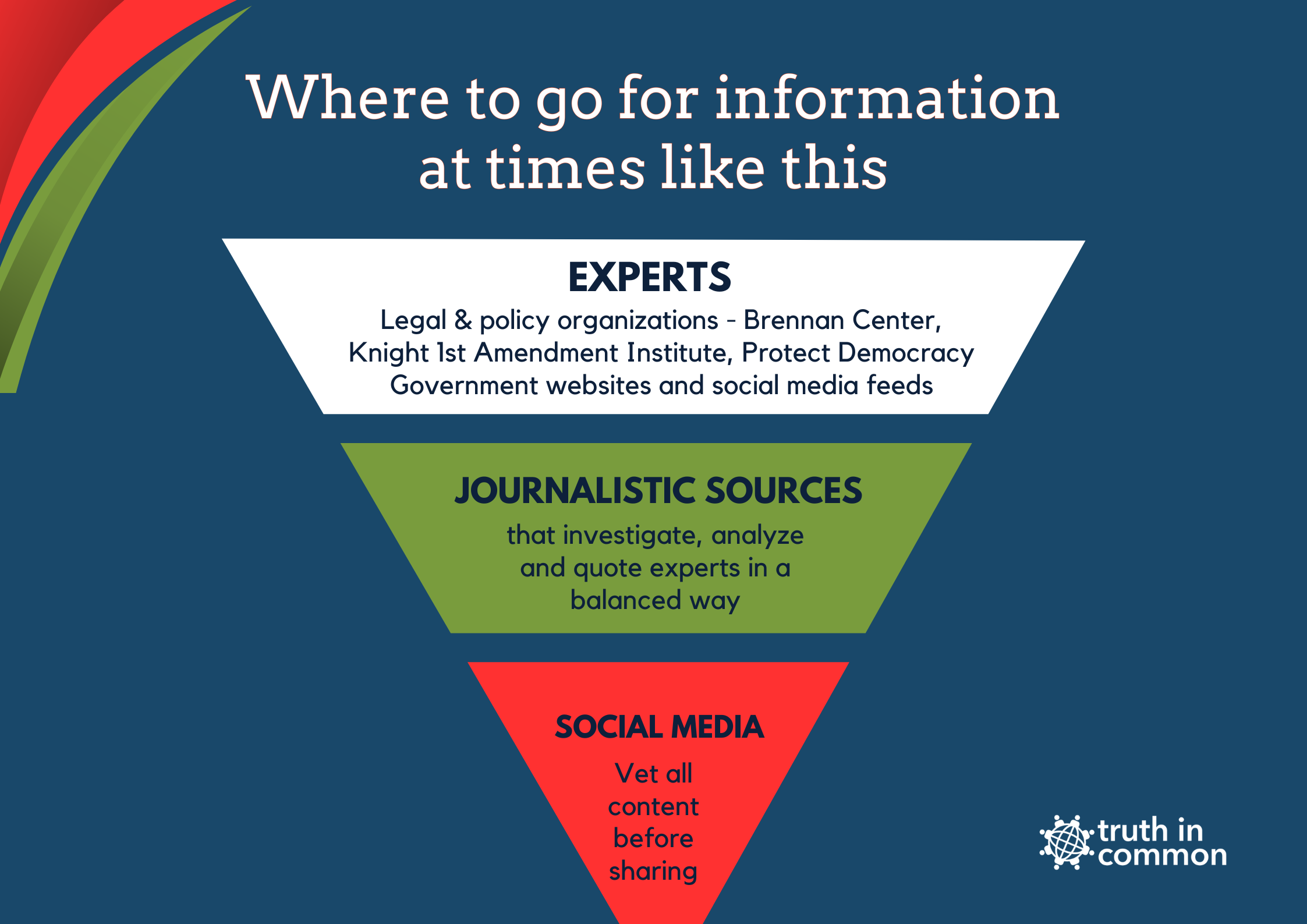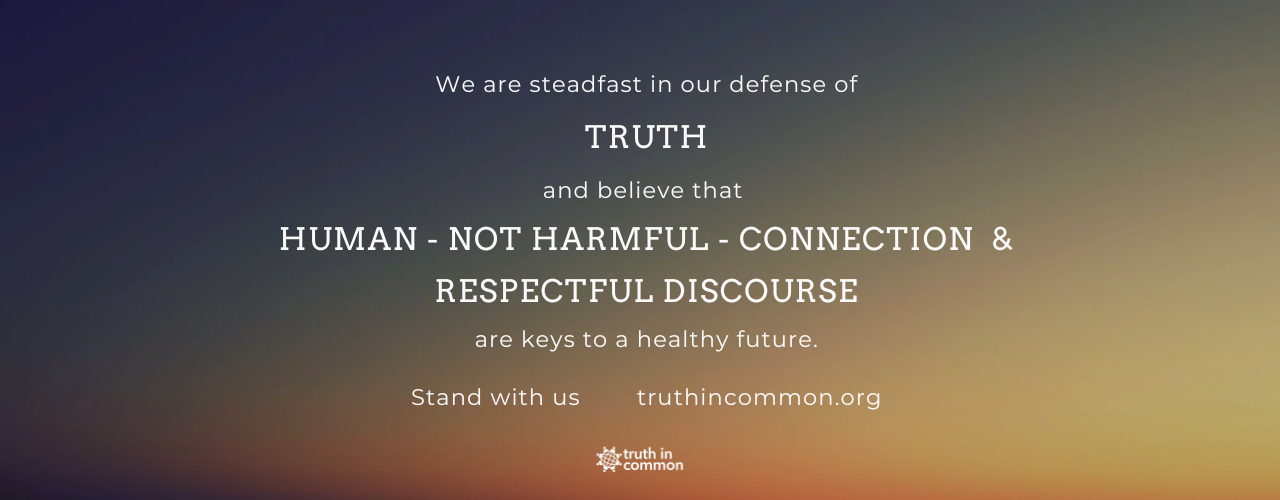Making sense of our current moment

At some point this week a thought occurred to me: The U.S. 2024 election is kind of like Brexit.
I'm referring of course to the 2016 referendum in which residents of the United Kingdom, by a 4 percent margin, voted in favor of leaving the European Union.
I'm not discrediting the voting preferences of the majority of Americans, at all. Folks had their reasons and made their decisions accordingly; that is their choice. Republican candidates won up and down the ballot and Democrats were soundly defeated.
What I worry is that, like Brexit, there may be outcomes from November 5 that people didn't expect, may not appreciate and are not in their best interests, like dismantling parts of of the Federal government.
Did we read the fine print?
The Leave EU and Trump campaigns both used populist, country-first rhetoric that amplified existing – or generated new – grievances among the working class. Yet the number of U.K. residents who regret their vote has been growing; over the four years it took to exit, frustrations were palpable.
The question in the U.S. resembles what the British were asking in 2016: Do voters understand the implications of their choice?
Did they realize that the Department of Education, which sets standards and provides some funding to schools in poorer areas and to support students with disabilities, was on the chopping block when they cast their votes? Perhaps the agency's size – it's the smallest – made it an easy target. But do we really think the states, most of which already have a difficult time getting students to perform at grade level, is equipped and funded to take over DOE's responsibilities? Do we want to risk groups of students falling even farther behind, which creates all sorts of strains on our economy and risks shrinking our already fragile competitive advantage?
How about the U.S. Environmental Protection Agency, which protects our water, air and land and cleans up toxic waste sites. Do people really want to eliminate that?
Die-hard, shrink-the-government-at-all-costs types may, and I'm sure there are inefficiencies that can be addressed. But I have to imagine that, if given the chance, some of the electorate could see that problems that are likely to result.
Regardless, both of these agencies are at real risk of going away. Leaders and employees – in and outside DC – are scrambling. The DC-area economy will suffer greatly if tens of thousands of Federal workers are let go, on top of the cyclical challenges we see every four years. Why no one frets about that job loss leaves us scratching our heads.
Weaponizing the IRS
Then there's House bill 9495 that threatens the nonprofit sector. It was just voted down but could well be taken up again next year. The bill takes aim at U.S. nonprofits that "materially support terrorist organizations," a clear reaction to pro-Palestinian advocacy groups, but is written vaguely enough that any number of nonprofits could be targeted – for example, an organization that speaks out about the incoming administration. Do voters really want those with grievances to be able to remove tax exempt status from organizations that, say, protect civil rights or feed the hungry? Who will carry out those missions in their absence?
If not familiar with the nonprofit bill here's a letter from the ACLU opposing it, with over 130 nonprofit signatories. The bill also conveniently includes tax breaks for Americans being held hostage overseas, which makes for a handy talking point to be used against lawmakers who voted no.
I see this bill, or perhaps another like it in the future, as potentially sparking challenges to not just my own organization, but nonprofit media outlets – NPR and PBS affiliates, or regional outlets like the Baltimore Banner, Spotlight PA or the brand new The 51st in DC that are doing needed local reporting and send reporters to our workshops.
This is textbook autocracy and is not OK.
The threats against Federal agencies were spelled out clearly in the Project 2025 document, but buried in the monsoon of campaign-related information this year. They don't command the same attention as fear-based talking points on topics like immigration – also a prevailing narrative in the Brexit campaign. Social media channels favor drama, not messages about government bodies.
When people aren't happy it's not difficult to rally them against "the establishment" – even when things like health, education and economies are on the line. While the role of propaganda in the Brexit vote has been well reported, in the U.S. it was more like the wonky stuff was conveniently left out.
Perhaps voters will keep the over 21,000 employees of the EPA and Department of Education, and the over 13,000 nonprofits based in DC alone, in their thoughts and prayers.
Wrestling with the information firehose
If you've attended a Truth in Common workshop you know that our emotions affect how we engage with information – especially on social media, where engaging is quick, easy and can be rewarding.
We've all been sucked into the hot takes on social media. Whether they come from experts or regular people, they may spark an agree or disagree reaction and make us feel like we HAVE to respond.
Better, and less stressful, is to seek out expert perspectives from nonpartisan organizations like the Brennan Center for Justice at NYU School of Law.
Here's a podcast episode that offers dispassionate but gripping commentary on what happened and what we can expect going forward, featuring attorneys, election experts and a journalist who led scenario planning exercises. I highly recommend giving it a listen.
In a nutshell, the election was largely safe and secure, a lot is now at risk but there are a few legal safeguards that may help protect people and democracy going forward.
Whether people are traumatized or thrilled by the election results, emotions are high. You can feel them in this op ed from Monday by Carole Cadwalladr, the British journalist who helped break the Cambridge Analytica scandal: A new era dawns. Americas tech bros now strut their stuff in the corridors of power
Cadwalladr's reporting gave voice to a whistleblower who confessed to developing "Steve Bannon's psychological warfare [expletive] machine," which used illegally obtained Facebook user data to influence the U.S. 2016 election, Russian propaganda and yes, Brexit. She was also sued for libel for accusing a Brexit backer of having ties to the Russian government and is still fighting having to pay his legal fees – an unjust but unsurprising story to anyone who follows the press freedom space.
Like the British, we will have to work to understand what's going on in our country. If we want to take advantage of its gifts we must pay attention to its shifts, which already are seismic, lasting and risk polarizing our communities even further.
To manage our information intake, it occurred to me that a long-time tool of journalism – the inverted pyramid – could be useful:

The top two categories could be fleshed out with any number of credible, nonpartisan organizations.
The most effective communications program won
Few pundits have given enough credence to the 10-year – 2015 campaign through 2025 inaugural – strategic and coordinated communications effort that Trump and his peers deployed. We've heard the same anti-immigrant, -government, -media and -Democrat messages for almost 10 years – from straight-up lies to propaganda, or information that's designed specifically to persuade.
It's an information ecosystem that includes high-profile influencers, including one who owns a communications platform with some 300 million users; multiple channels (in communications we call message carriers like traditional media, email, social media posts and speeches, "channels"); endless light and dark money and – just as important – a proficiency for the kind of emotional content that social media algorithms crave: Fear, hate and trash talk.
And eggs! How many times have you heard the price of eggs referenced in the pundit postmortems? I've counted five so far. When messages about rising egg prices – a real phenomenon – were parroted across channels then reinforced when folks hit the grocery store, it became a rallying cry for change.
Never mind that egg prices spiked primarily due to bird flu; inflation was secondary. It's nothing short of brilliant PR and marketing, really.
Do not discount the power of this years-long, multichannel effort. Our viewpoints are shaped by the information we see, especially when we see the same messages over and over – remember illusory truth? There is much work to do in countering it.
In other news

Poetic justice: Last April, an investor group known as Global Tetrahedron purchased satirical news company The Onion and, in a move that itself was satirical, named as CEO Ben Collins, a reporter covering disinformation and conspiracies for NBC News and one of the group's partners.
This week the company acquired Alex Jones' Infowars, the website that spread conspiracies that the Sandy Hook shooting was a hoax orchestrated by the gun-control movement. In a brilliant move, Sandy Hook families joined Global Tetrahedron's bid, which prevailed over that of Alex Jones' merchandising company, because the families agreed to forgive part of the $1.4 billion Jones owes them as damages for defamation.
Don't celebrate quite yet though – the deal is being reviewed and there's a hearing next week. And remember, satirical content is misleading – not everyone can tell it's a joke.
Beware liberal "pink slime" websites: Both the Tow Center for Digital Journalism at Columbia University and NewsGuard label the Courier Newsroom family of 12 websites "pink slime," or partisan sites that masquerade as local news. Watch out for titles like The Keystone in Pennsylvania and The 'Gander in Michigan, especially on Facebook – this NewsGuard piece reveals that the website group ranked third in ad spending there in October, behind only the Trump and Harris campaigns.
Truth in Common updates
- This week we talked to librarians at Pohick Regional Library in Fairfax County, VA about the promise of libraries in stemming the spread and influence of mis- and disinformation. It was a delightful group and nice facility in leafy Burke, VA.
- In true Truth in Common style, we're wrapping our 8-week class at Osher Lifelong Learning Institute at American University with an in-person gathering on November 21. Feedback has been great so far, and we look forward to offering a similar course to others, online.
- We're also leading a lot of election debrief discussions – if you were part of a workshop group, watch your inbox. And we're planning some exciting things ourselves!

Follow us on Instagram @truth_incommon
LinkedIn | Threads: @dtroust | Twitter
Our mailing address is P.O. Box 21456, Washington, DC 20009
Copyright (c) 2024 Truth in Common. All rights reserved.

